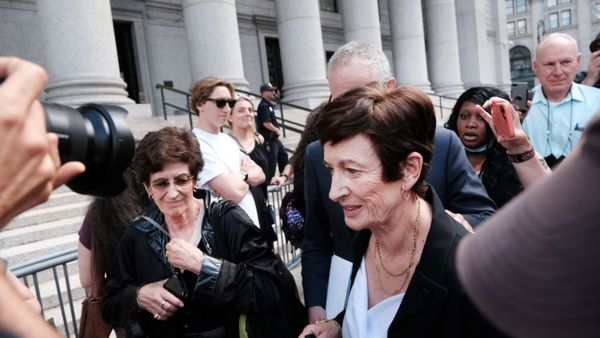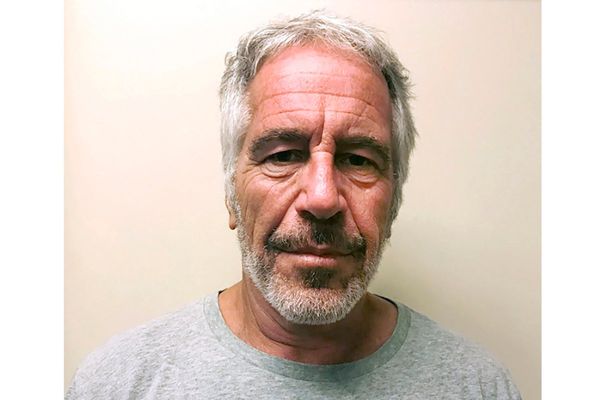
Azeem Rafiq welcomed a step towards “some sense of closure for my family and me” after the England and Wales Cricket Board charged Yorkshire and “a number of individuals” with bringing the game into disrepute.
The charges followed an investigation into allegations of racism at the club and of the club’s own handling of those allegations.
The ECB has declined to identify any of the individuals concerned, though the Guardian understands that in addition to the club seven people have so far been contacted, with further charges possible. Michael Vaughan, the former England captain, is understood to be one of those charged. Vaughan did not respond to the Guardian’s request for comment and has always denied the allegations made against him by Rafiq.
The investigation was launched last November following Rafiq’s appearance in front of the parliamentary digital, culture, media and sport select committee, and he has also been among those to provide evidence to the ECB.
“This has been another gruelling but unfortunately necessary process,” Rafiq said in a statement. “It has been a long two years since I went public about my experiences, but I hope this all means that no young player ever goes through such pain and alienation again.”
- Download the Guardian app from the iOS App Store on iPhones or the Google Play store on Android phones by searching for 'The Guardian'.
- If you already have the Guardian app, make sure you’re on the most recent version.
- In the Guardian app, tap the yellow button at the bottom right, then go to Settings (the gear icon), then Notifications.
- Turn on sport notifications.
Announcement of the charges coincided with David Willey, the captain of Yorkshire’s Twenty20 team, revealing he has found the club’s attempts to deal with the fallout of Rafiq’s allegations so “unsettling” that he has decided to leave. The 32-year-old, who is in the Netherlands with England’s white-ball side, said he was returning to Northamptonshire because the players at Headingley “seem to be secondary to repairing the club’s reputation”.
Willey wrote on Instagram: “The circumstances surrounding the recent events at the club have made my work environment unsettling. There are some fantastic players at Yorkshire and I hope the complications at the club will not take priority and overshadow their talents. The cricket and the current players seem to be secondary at the moment to repairing the club’s reputation. It certainly felt that way for me over the past 12 months. I play cricket because I love the game. I just want to play somewhere that cricket is the focus and where I feel valued on and off the field.”
Along with the ECB’s charges, which will be resolved in hearings that are scheduled to start in September, Yorkshire are dealing with a claim of unfair dismissal brought by six former members of staff – which was cleared last week to progress to a full tribunal that will start in October, unless the case is settled out of court – as well as pushback to reforms suggested by their new chairman, Kamlesh Patel.
“We’ve taken people on a journey, it’s been a rocky journey but I’m so pleased to be here,” Lord Patel said this week. “We’re getting there but we know there is a long, long way to go.”
The ECB’s investigation has been run by its Cricket Discipline Commission, which is made up of “three independent and suitably qualified and experienced individuals”. The CDC polices the behaviour of teams, players, coaches, match officials and agents but cannot act against individual members of a club’s administrative staff. Their standard sanctions include cautions, fines and suspensions, but it is not clear how they might punish individuals who are no longer actively involved in the game.
“My preference would be for this hearing to take place publicly,” Rafiq said, “but I am hopeful that we are at least nearing a point where there will be some sense of closure for my family and me.”
The charges arise from alleged breaches of ECB directive 3.3, which states that “no participant may conduct themself in a manner, do any act or make any omission at any time which is improper or which may be prejudicial to the interests of cricket or which may bring the ECB, the game of cricket or any cricketer or group of cricketers into disrepute”, and the ECB’s anti-discrimination code.







